Major cases involving Trump before the US Supreme Court
Cases at the court have involved deportations, protected status for certain migrants, Trump's transgender military ban and more.
.JPG) FILE PHOTO: U.S. President Donald Trump speaks to members of the media, on the day of a closed House Republican Conference meeting on Capitol Hill in Washington, D.C., U.S., May 20, 2025. / REUTERS/Ken Cedeno/File Photo
FILE PHOTO: U.S. President Donald Trump speaks to members of the media, on the day of a closed House Republican Conference meeting on Capitol Hill in Washington, D.C., U.S., May 20, 2025. / REUTERS/Ken Cedeno/File Photo
The U.S. Supreme Court has acted in a series of cases involving challenges to executive orders signed by President Donald Trump and actions by his administration since he returned to office in January.
Cases at the court have involved deportations, protected status for certain migrants, Trump's transgender military ban, his move to restrict automatic birthright citizenship, firings of federal workers and certain agency officials, cuts to teacher training grants, payments to foreign aid organizations and access to Social Security data.
Here is a look at these cases.
Also Read: Trump lauds Musk in Oval Office as billionaire's turbulent tenure ends
TRANSGENDER MILITARY BAN
The court on May 6 permitted Trump's administration to implement his ban on transgender people in the U.S. military, letting the armed forces discharge the thousands of current transgender troops and reject new recruits while legal challenges play out. The court granted the Justice Department's request to lift U.S. District Judge Benjamin Settle's nationwide order blocking the military from carrying out Trump's policy.
Settle had found that Trump's order likely violates the U.S. Constitution's Fifth Amendment right to equal protection under the law. The Justice Department had said Settle usurped the authority of the government's branch of government - headed by Trump - to determine who may serve in the military.
In the case before Settle, seven active-duty transgender troops, a transgender man seeking to enlist and a civil rights advocacy group sued over the ban. In a separate case, U.S. District Judge Ana Reyes also issued a nationwide injunction blocking Trump's ban while that litigation proceeds, though that order was later put on hold.
The Supreme Court did not resolve the legal merits of the dispute. The litigation will continue in lower courts and could return to the justices in the future.
REVOKING IMMIGRATION 'PAROLE'
The court on May 30 let Trump's administration revoke the temporary legal status of hundreds of thousands of Venezuelan, Cuban, Haitian and Nicaraguan migrants living in the United States. The court put on hold U.S. District Judge Indira Talwani's order halting the administration's move to end the immigration "parole" granted to 532,000 of these migrants by Trump's predecessor Joe Biden, potentially exposing many of them to rapid removal, while a legal challenge plays out in lower courts.
Immigration parole is a form of temporary permission under American law to be in the country for "urgent humanitarian reasons or significant public benefit," allowing recipients to live and work in the United States. The administration said revoking the parole status would make it easier to place migrants in a fast-track deportation process called "expedited removal."
PROTECTED STATUS FOR VENEZUELAN MIGRANTS
The court on May 19 allowed the administration to end temporary protected status that was granted to hundreds of thousands of Venezuelans in the United States by Biden. It granted a Justice Department request to lift U.S. District Judge Edward Chen's order that had halted Homeland Security Secretary Kristi Noem's decision to terminate deportation protection conferred to Venezuelans under the temporary protected status, or TPS, program while the administration pursues an appeal. The program is a humanitarian designation under U.S. law for countries stricken by war, natural disaster or other catastrophes, giving recipients living in the United States deportation protection and access to work permits.
Chen had ruled that Noem violated a federal law that governs the actions of federal agencies. The judge also said the administration's portrayal of the whole Venezuelan TPS population as criminals was "baseless and smacks of racism."
'THIRD COUNTRY' DEPORTATIONS
The administration asked the court on May 27 to allow it to rapidly deport migrants to countries other than their own without the opportunity to raise claims that they fear being persecuted, tortured or killed there. It requested that the justices lift U.S. District Judge Brian Murphy's nationwide injunction requiring that migrants be given the chance to seek legal relief from deportation before they are sent to so-called "third countries," while litigation continues in the case. The administration said that the third-country process, challenged by immigrant rights groups, is critical to removing migrants who commit crimes because their countries of origin are often unwilling to take them back.
BIRTHRIGHT CITIZENSHIP
The justices on May 15 heard arguments in Trump's attempt to broadly enforce his executive order to restrict birthright citizenship, a move that would affect thousands of babies born each year as he seeks a major shift in how the Constitution has long been understood. The court's conservative justices seemed willing to limit the ability of lower courts to issue nationwide, or "universal," injunctions, as federal judges in Maryland, Washington and Massachusetts did to block Trump's directive. Those three judges found that Trump's order likely violates the Constitution's 14th Amendment citizenship language.
None of the justices signaled an endorsement of Trump's order and some of the liberals said it violates the Constitution and the court's own precedents. Trump signed his order on Jan. 20, his first day back in office. It directed federal agencies to refuse to recognize the citizenship of U.S.-born children who do not have at least one parent who is an American citizen or lawful permanent resident, also known as a "green card" holder.
DEPORTATION OF VENEZUELANS
The court on May 16 kept in place its block on Trump's deportations of Venezuelan migrants under a 1798 law historically used only in wartime, faulting his administration for seeking to remove them without adequate due process. The justices granted a request by American Civil Liberties Union attorneys representing the migrants to maintain the halt on the removals for now. The action came after the court ordered on April 19 a temporary stop to the administration's deportations of dozens of migrants being held at a detention center in Texas.
The Supreme Court placed limits on April 7 on how deportations under the Alien Enemies Act may occur even as the legality of that law's use for this purpose is being contested. The justices required that detainees receive notice "within a reasonable time and in such a manner" to challenge the legality of their removal. The administration has described the Venezuelans as members of the Tren de Aragua criminal gang, which the State Department as designated as a foreign terrorist organization. Family members and lawyers for the migrants have disputed this allegation.
WRONGLY DEPORTED SALVADORAN MAN
The court on April 10 directed the Trump administration to facilitate the return to the United States of a Salvadoran man who the U.S. government has acknowledged was deported in error to El Salvador. The Justice Department had asked the justices to throw out an April 4 order by U.S. District Judge Paula Xinis requiring the administration to "facilitate and effectuate" the return of Kilmar Abrego Garcia. Xinis had issued the order in response to a lawsuit by Abrego Garcia, a Salvadoran migrant who was living in Maryland and has had a work permit since 2019, and his family challenging the legality of his deportation.
The court said that the judge's order "properly requires the government to 'facilitate' Abrego Garcia's release from custody in El Salvador and to ensure that his case is handled as it would have been had he not been improperly sent to El Salvador."
Abrego Garcia was stopped and detained by U.S. Immigration and Customs Enforcement officers on March 12 and questioned about alleged affiliation with the criminal gang MS-13, which the State Department has designated as a foreign terrorist organization. His lawyers have denied the alleged gang affiliation. He was deported on March 15 on one of three deportation flights to El Salvador that also included Venezuelan migrants. El Salvador's president, Nayib Bukele, said during a meeting with Trump on April 14 that he had no plans to return Abrego Garcia to the United States.
LABOR BOARD OFFICIALS
The court on May 22 allowed Trump to keep two Democratic members of federal labor boards away from their posts while their challenge to his firing of them proceeds. The court temporarily blocked orders by two separate Washington-based federal judges that had shielded Cathy Harris from being dismissed from the Merit Systems Protection Board and Gwynne Wilcox from being removed from the National Labor Relations Board before their terms expire. Their legal challenges are ongoing in lower courts. Both were appointed to their posts by Biden.
The legal fight over these firings has emerged as an important test of Trump's efforts to bring under his sway federal agencies meant by Congress to be independent from the president's direct control. It could also prompt the justices to rein in or overrule a 1935 Supreme Court precedent ensuring job protections for certain agency officials. The May 22 opinion also addressed fears voiced by critics that allowing the firings of Wilcox and Harris would jeopardize the independence of the Federal Reserve. "We disagree," the court stated, calling the Fed "a uniquely structured, quasi-private entity."
TEACHER TRAINING GRANTS
The justices on April 4 let Trump's administration proceed with millions of dollars of cuts to teacher training grants - part of his crackdown on diversity, equity and inclusion initiatives. The court put on hold U.S. District Judge Myong Joun's March 10 order requiring the Department of Education to reinstate in eight Democratic-led states funding for grants under two teacher training programs while a legal challenge by the states continues.
The states sued after the Department of Education announced that it had cut $600 million in teacher training funds that were promoting what it called "divisive ideologies" including diversity, equity and inclusion initiatives, or DEI. The grant programs were established to help support institutions that recruit and train educators in a bid to address critical teacher shortages, especially in rural and underserved communities.
PAYMENT TO FOREIGN AID GROUPS
The court on March 5 declined to let Trump's administration withhold payment to foreign aid organizations for work they already performed for the government as he moves to pull the plug on American humanitarian projects around the world. The court upheld U.S. District Judge Amir Ali's order that had called on the administration to promptly release funding to contractors and recipients of grants from the U.S. Agency for International Development and the State Department for their past work.
Aid organizations accused Trump in lawsuits of exceeding his authority under federal law and the U.S. Constitution by effectively dismantling an independent federal agency in USAID and canceling spending authorized by Congress.
FIRED FEDERAL EMPLOYEES
The justices on April 8 blocked a judge's order for Trump's administration to rehire thousands of fired employees, acting in one dispute over his efforts to slash the federal workforce and dismantle parts of the government. The court put on hold U.S. Judge William Alsup's March 13 injunction requiring six federal agencies to reinstate thousands of recently hired probationary employees while litigation challenging the legality of the dismissals continues. Alsup's ruling applied to probationary employees at the U.S. Departments of Defense, Veterans Affairs, Agriculture, Energy, Interior and Treasury. Probationary workers typically have less than a year of service in their current roles, though some are longtime federal employees in serving new roles.
SOCIAL SECURITY DATA
The administration asked the court on May 2 to allow the entity called the Department of Government Efficiency, spearheaded by Trump's billionaire adviser Elon Musk, unfettered access to Social Security Administration data of millions of Americans. The Justice Department asked the justices to put on hold U.S. District Judge Ellen Hollander's order that halted the agency from giving DOGE access after she found that the data-sharing arrangement likely violated a federal privacy law. DOGE has been instrumental in Trump's actions to downsize and reshape the federal government. Two labor unions and an advocacy group sued to stop DOGE members from accessing some of the Social Security Administration's most sensitive data systems.
DOGE TRANSPARENCY
The court on May 23 temporarily paused judicial orders requiring DOGE to turn over records and answer questions concerning its operations. The court put on hold U.S. District Judge Christopher Cooper's orders for DOGE to respond to a government watchdog group's requests for information after finding that DOGE likely is a government agency covered by the federal Freedom of Information Act, or FOIA. Cooper also said the watchdog group was entitled to question a DOGE official at a deposition. The administration contends DOGE is an advisory entity not subject to FOIA. The watchdog group said its intention was to shed light on what it called DOGE's secretive structure and operations.
FIRED WATCHDOG AGENCY HEAD
The court on Feb. 21 declined to let Trump immediately fire the head of a federal watchdog agency after a judge's order had temporarily blocked the president from ousting the official. The court postponed action on the Justice Department's request to lift U.S. District Judge Amy Berman Jackson's February 12 order that had temporarily blocked Trump's removal of Hampton Dellinger as head of the Office of Special Counsel while litigation continued in the dispute. Dellinger on March 6 ended his legal challenge to his firing after the U.S. Court of Appeals for the District of Columbia Circuit allowed Trump's action to stand. The independent agency protects government whistleblowers.
ADVERTISEMENT
ADVERTISEMENT
E Paper
Video




 Reuters
Reuters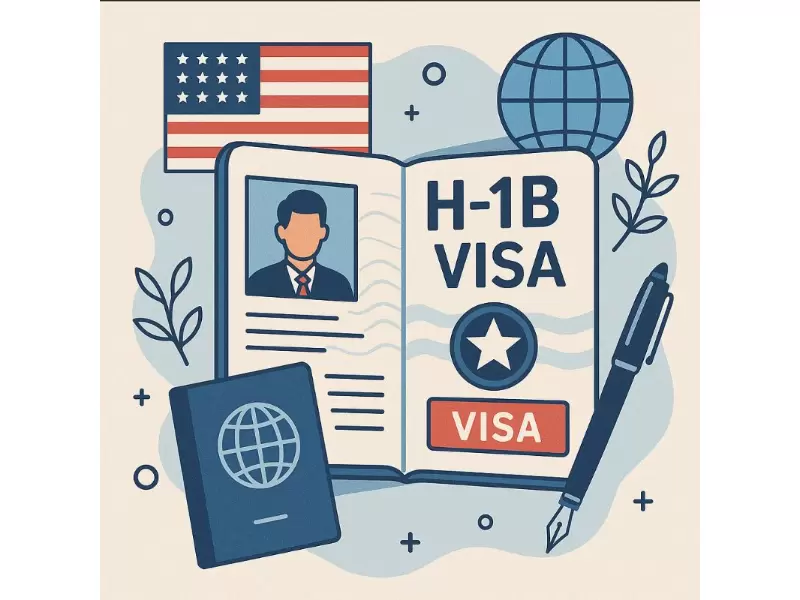
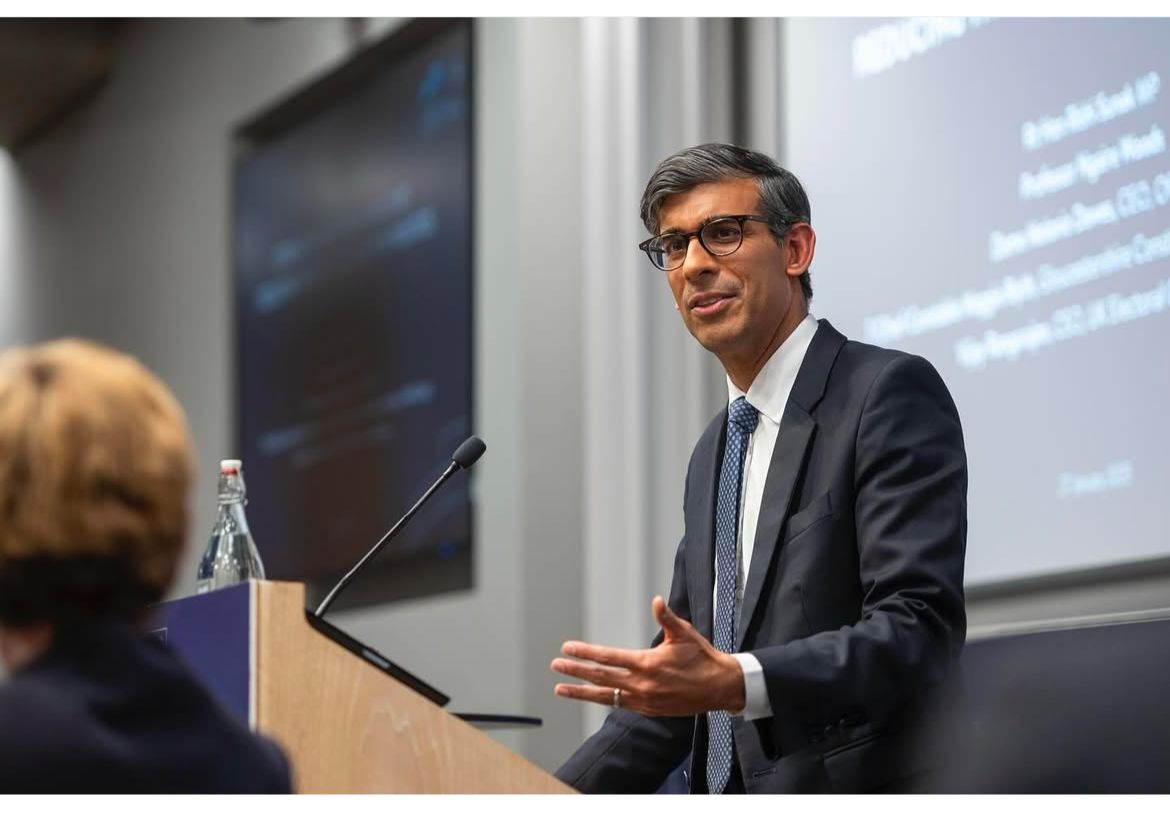
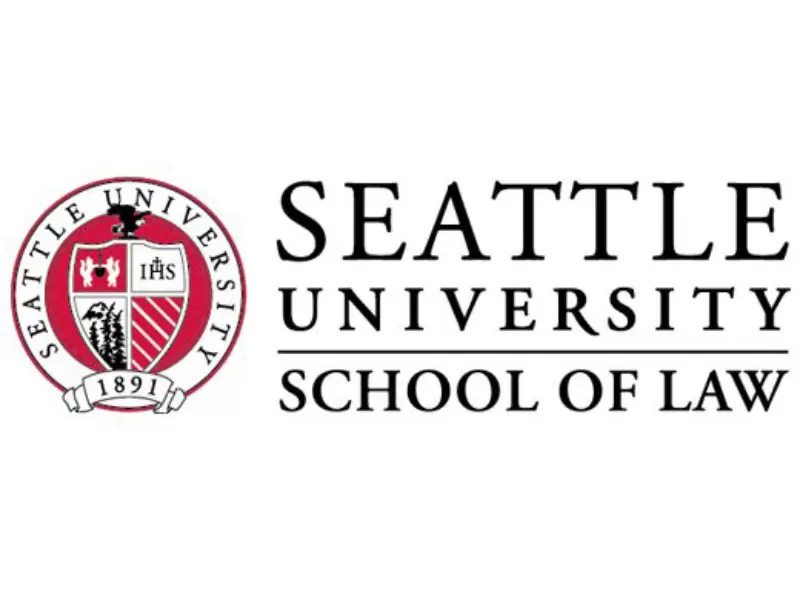
.jpg)
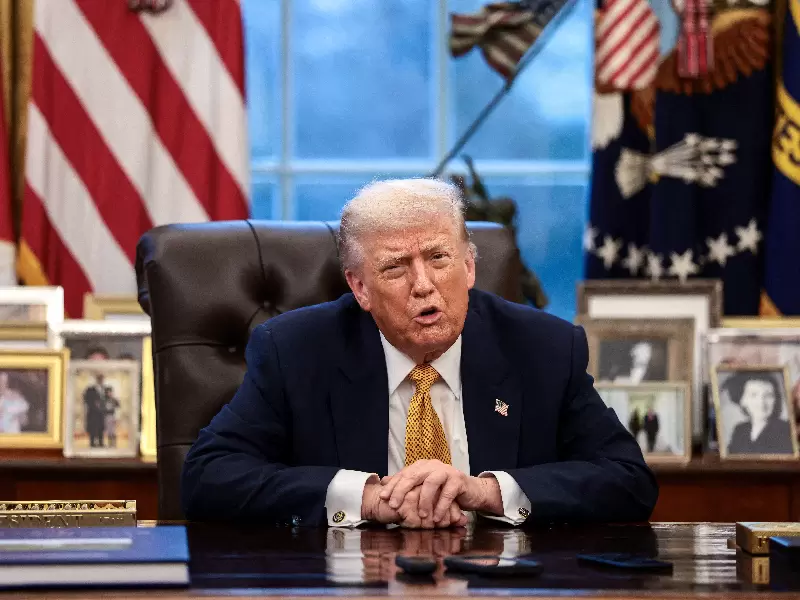



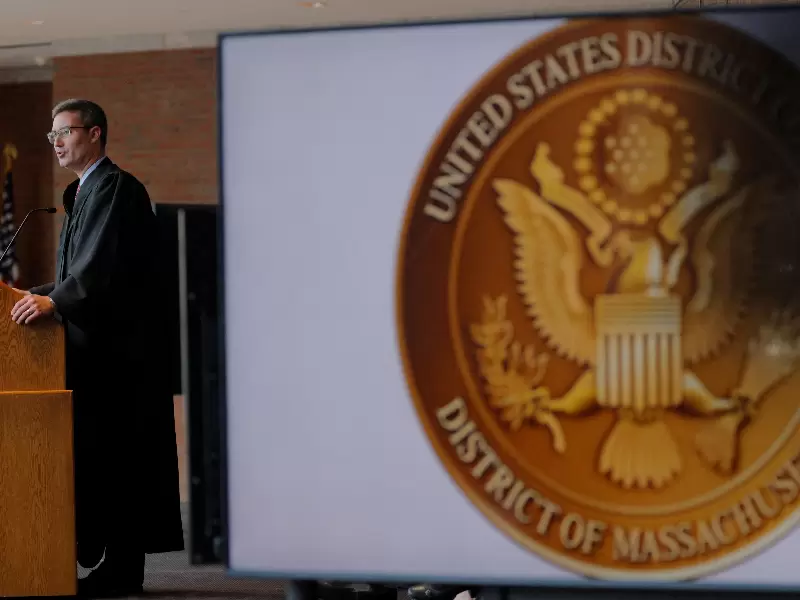

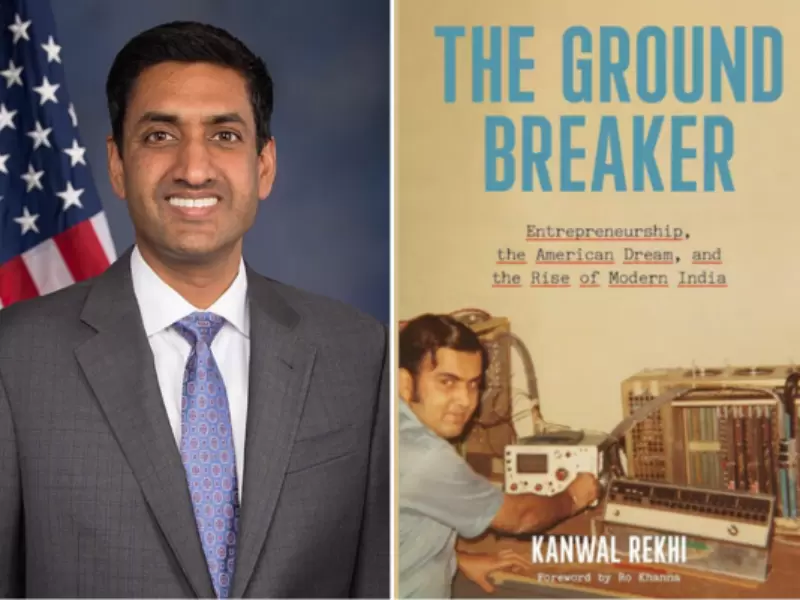
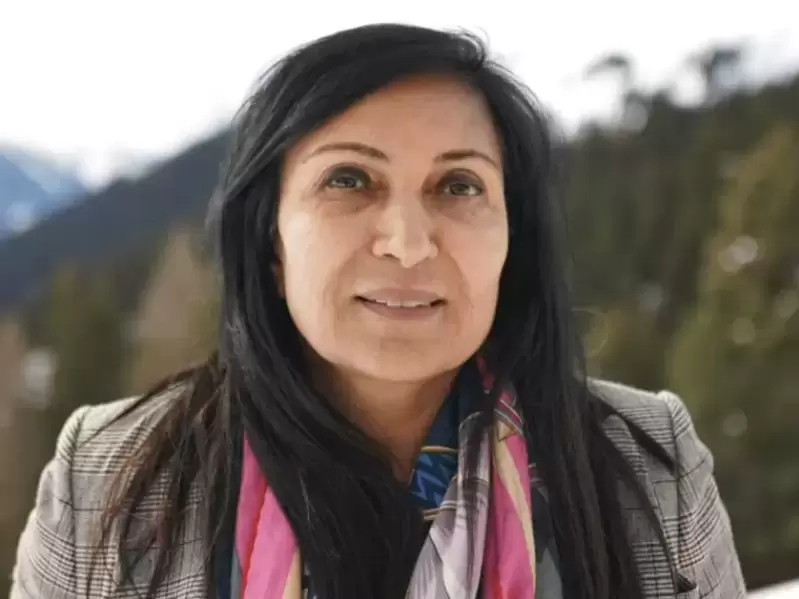


Comments
Start the conversation
Become a member of New India Abroad to start commenting.
Sign Up Now
Already have an account? Login